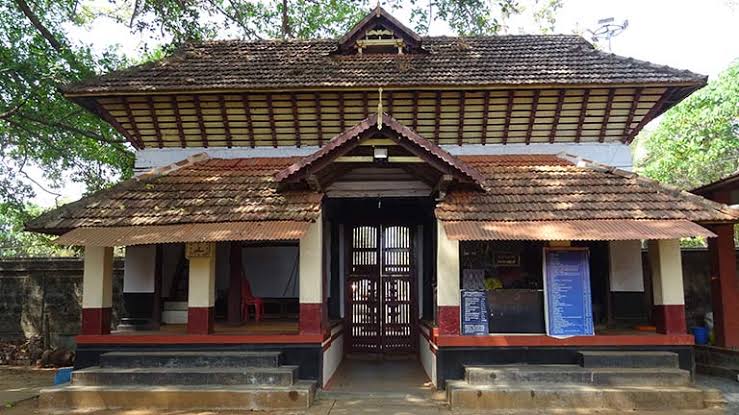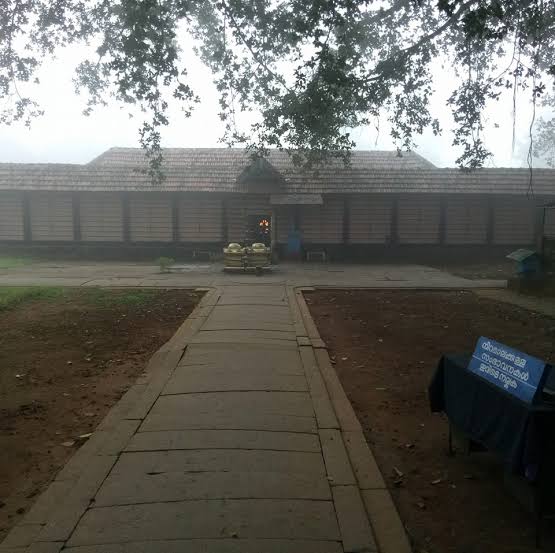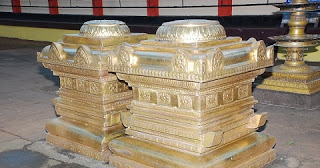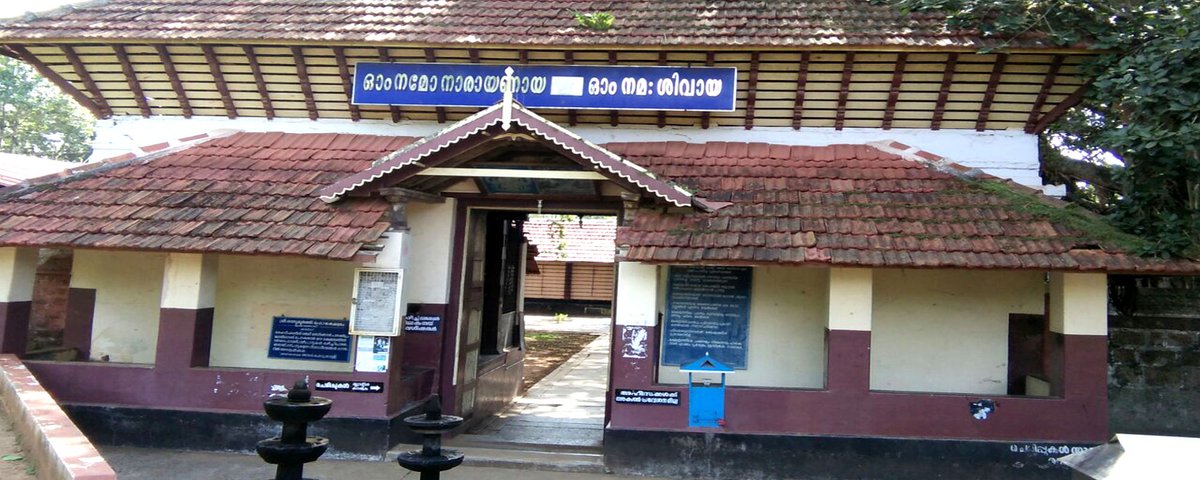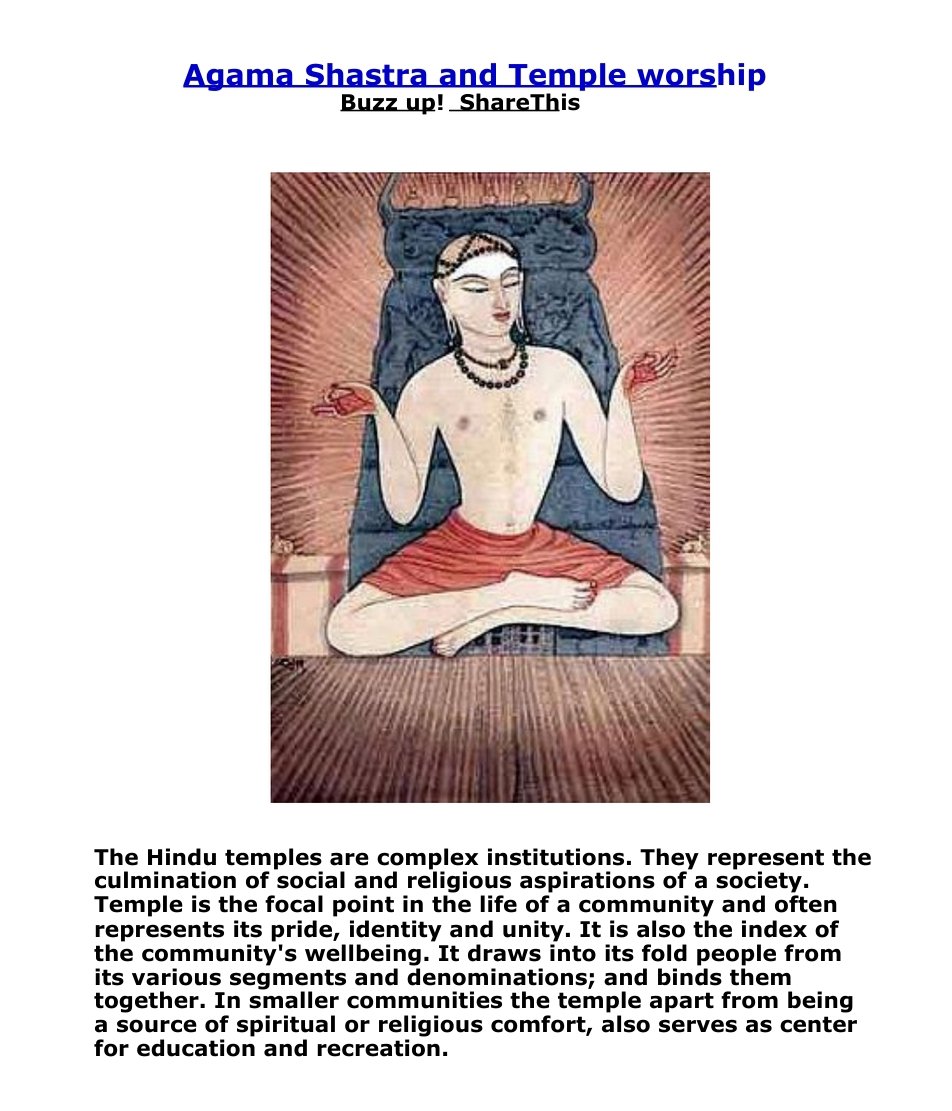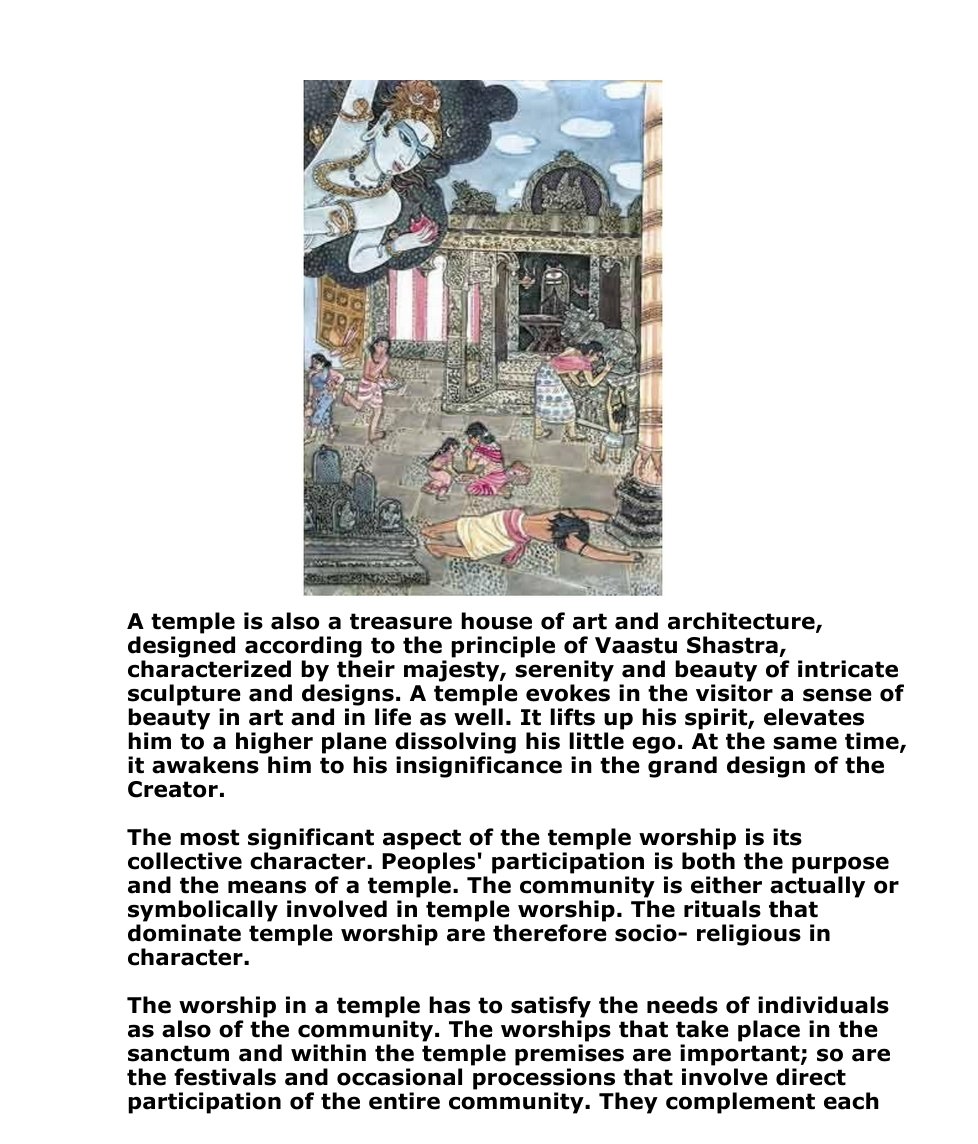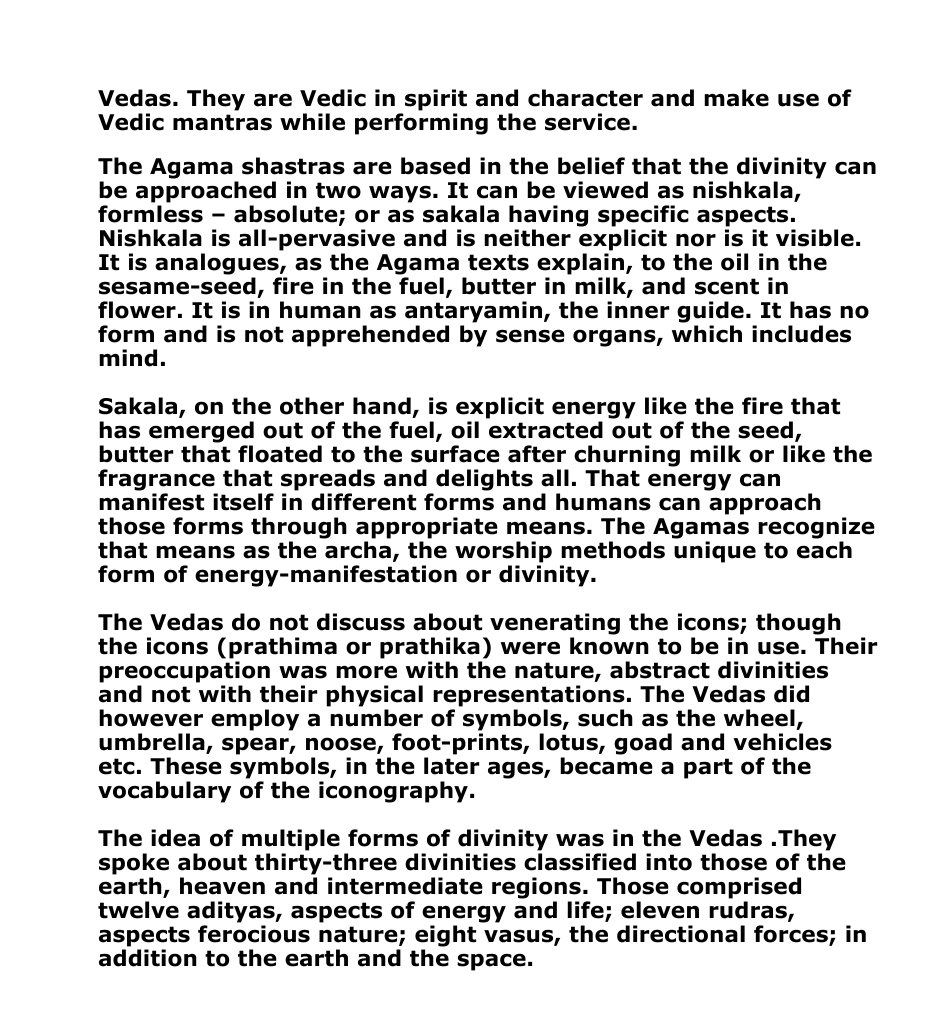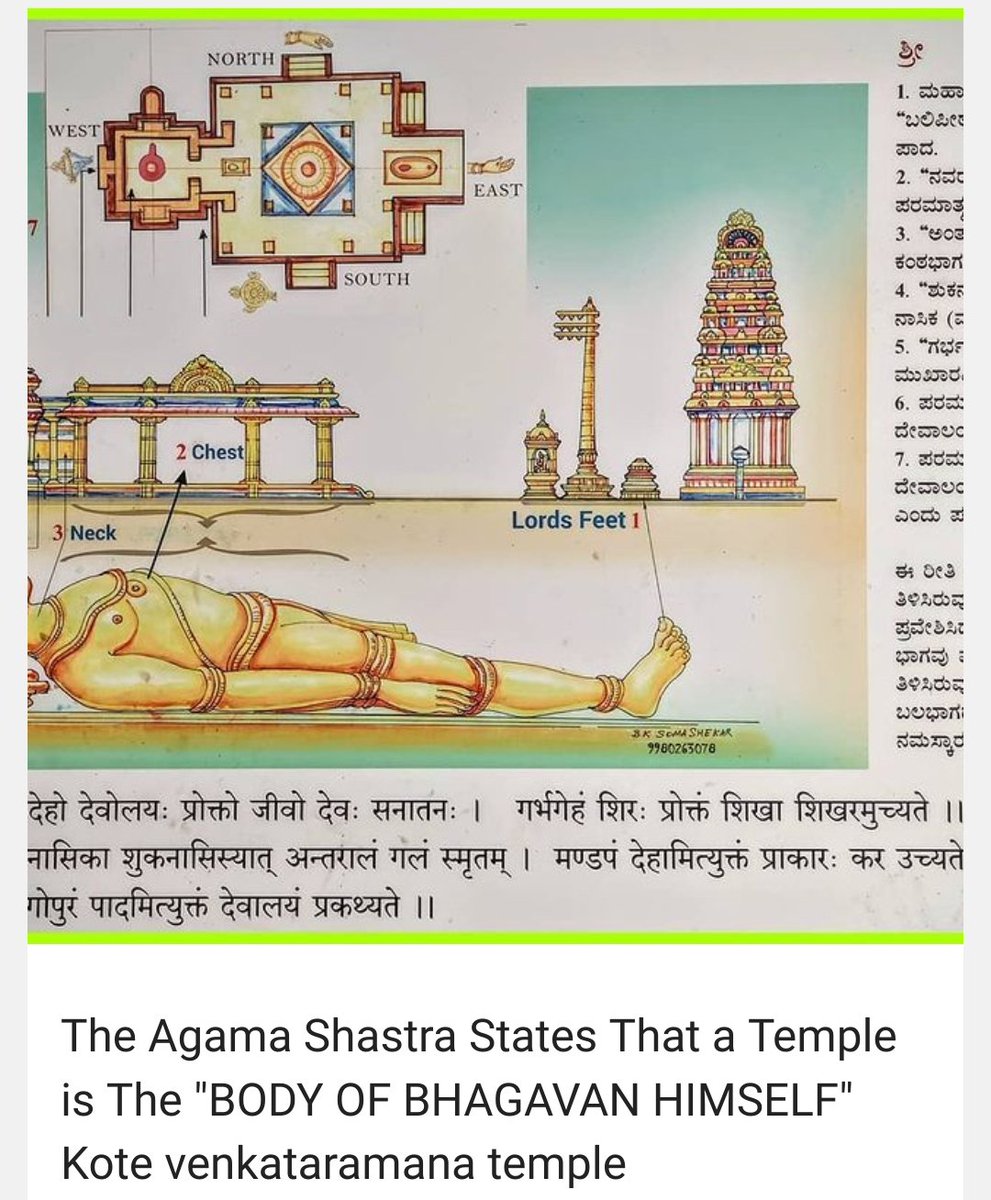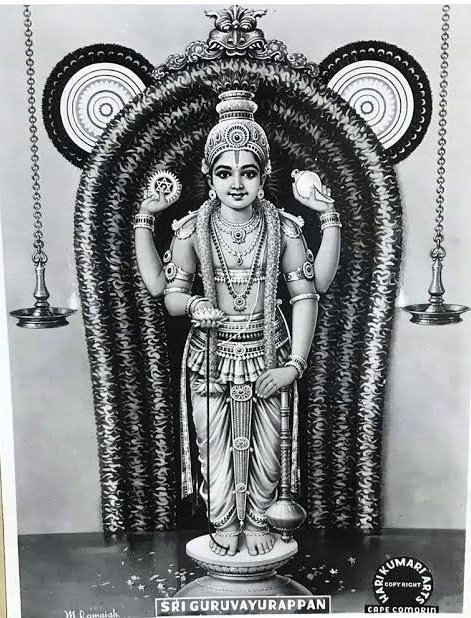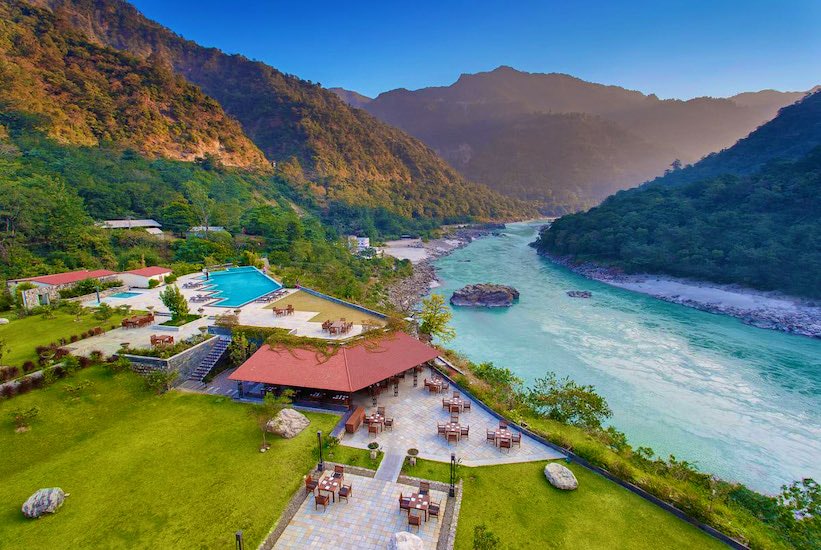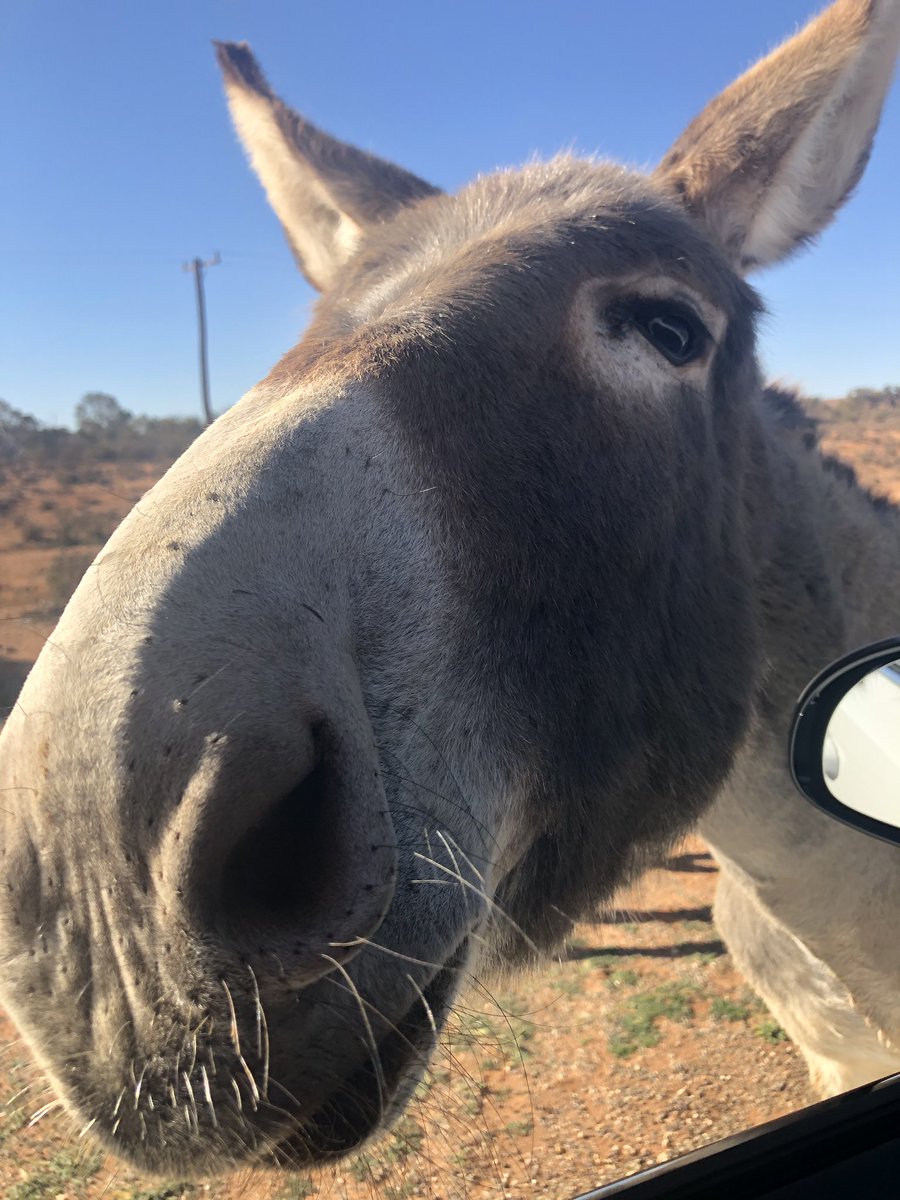We will have email instructions predating the edits and then invoices of payments. So we will be able to prove that Wikipedia India is corrupt
Years ago, my friend and I collaborated to write an investigative article on Wikipedia.
The plan was to expose the entrenched gang of Wikipedia editors who earn money by creating and editing Wikipedia pages.
A Bollywood producer helped me with the contact of an agency.
(Thread)
We will have email instructions predating the edits and then invoices of payments. So we will be able to prove that Wikipedia India is corrupt
So, it was decided to remove unwanted edits from the newly created page and keep only the favourable edits
The total cost of creating and keeping the page for six months was 50K.
The agency demanded an annual contract of 30K for keeping the page up and purge unwanted edits
You can edit a page but "they" reverse your edits if they don't like them.
A gang of about 50 Indian editors are on top of a chain of editors and they have complete control over Wikipedia
They are on top of a chain of command. A team consists of about 10 editors.
A newbie proposes an edit and a chain of command approves it and further edits it.
Google changes its algorithm frequently but they used to heavily favour Wiki because it is an open source, publicly edited charity platform
Here's a payment structure for these Wiki editors in the command chain:
1. Top Editor: 30% (one)
2. Senior editor: 25%
3. Mid editor: 15%
4. Young editor: 10%
5. Agency: 20%
Anybody working with Bollywood actors know about such PR hangouts which contain favourable but innocuous information, like the news of an unknown award or bring a youth icon etc
All the information edited were complimentary & showed the page in good light.
Every time the top editors approved the edits and they were never reversed.
Even if somebody reversed it, they were brought back
1. The top editors make about 5 lakhs every month as "consultants".
2. The agencies make about 3 lakh per month.
3. Students are enrolled as interns and may later on become mid-level editors.
Wikipedia is a big business opportunity, hence tightly controlled
But nowhere do they mention Wikipedia anywhere.
It's all projected as IT related consultation of an Ad agency or a PR agency.
Ans: It takes years to climb up the hierarchy.
Wikipedia gives you badges, stars etc in recognition of your work.
You won't get promotions unless you have the tacit support of the "gang"
There is a very well-known process here
If your edits get reversed or deleted frequently then Wikipedia understands that you are not a talent.
This is the game that is played on the platform.
If they want you out, they will reverse your edits.
Backed with data, you edit the article on Wikipedia only to find that it has been reversed the next day.
Imagine this happening to you frequently. Day after day.
You get frustrated and angry.
Right?
What is the point of research and editing articles if they get deleted?
Wikipedia has a system where you can "Talk" to your "seniors" about why your edits have disappeared.
This is where the bullying happens.
It is here that the senior editors will bully you by clever usage of words.
They'll tell you that your edits were "pretty pointless" or "vague"
If they find you intimidating, they will try to block you permanently
These editors ensure by one method or the other that their narrative on a particular page does not change.
This is mainly the case with political pages.
They're staunch Leftists and their job is ensure that Wikipedia doesn't say nice things about non-left personalities and media
For personalities, they will highlight their flaws.
For example, create a separate section for an unverified allegation levelled against him just by citing a newspaper report.
But for others, they would ignore it
They scour the internet for publicly available articles that show you in bad light. Once they get such an article, a new editor will edit and the senior editors will ensure that it sticks to the page
They will form a team. Usually such teams are formed on secret chat rooms outside of Wikipedia.
They will ensure that the edits come from different locations. So it's impossible to figure out that it's a coordinated attack
Everytime new senior editors will come and block you from editing or will reverse the edit
Reasons:
* The actor didn't give us written consent
* My friend quit because the agency was asking for more money
* The editor didn't sound too excited either
His Twitter profile got verified as Twitter apparently considers Wikipedia as a credible signal to decide if an user should be verified
This Wikipedia page makes or breaks your online image.
So, I continued my research on the side about how editors rise up the ladder to the top of the command chain
Then they go on to create pages of an ongoing news: Like #CoronaOutbreak.
These pages are factual and aren't controversial. But they establish you as an editor whose edits stick.
Now you turn your sights on the controversial pages.
Usually the A-listers are protected. Like you cannot vandalise Narendra Modi's page or Shah Rukh Khan's page.
The seniors won't allow
1. Moderately famous personalities including politicians and people with strong political views
2. New Media houses (Like @OpIndia_com)
3. Bollywood actors
4. Communal events (#DelhiRiots)
5. Terms (eg Hindutva or #JaiShriRam)
BJP leaders, personalities who publicly support Narendra Modi and those who speak in favour of majority Hindus often have derogatory edits approved.
Wikipedia Editing is actually a game of citations from publicly available sources. The hidden cheat sheet is approving the citations that align with your narrative.
Let me talk about them now.
Then there are Administrators who are like an Editor-in-Chief of a Media house. They have ultimate powers.
Currently there are 1,144 administrators of English Wikipedia
Wikipedia had to ban the user because it was proven that he was running a mafia syndicate to favour a business house.
Wikipedia apologised after the user was outed.
https://t.co/6syVSlFlMa
The answer is: Nothing! They can't digest the fact that their creation is slowly becoming a monster and has started altering history and promoting biased narratives.
Like a mother who thinks her son is the best!
Wikipedia also goes on to justify how and where the bias creeps in. But they are silent about what mechanisms they are installing to stop that bias.
https://t.co/t3vWoWZPdJ
Co-Founder Larry Sanger has gone on record about Wikipedia's biased narrative
Jimmy doesn't listen
https://t.co/iSDGEn3glw
Here's a case study of how a scientist's page kept on disappearing from Wikipedia and the battle to restore it. There are many such cases.
https://t.co/JIKOVWLSdu
Most complaints have emerged from Jimmy Wales' own country.
But he has always praised his creation. https://t.co/cgmPQJi7Qa
The complex wheels of Wikipedia grind very slowly. It is effectively the opposite of twitter in this regard. Twitter is therefore prone to angry mobs and extreme disinformation. Wikipedia can make mistakes, of course. But it is a very different environment from social media.
— Jimmy Wales (@jimmy_wales) March 4, 2020
More from All
The best morning routine?
Starts the night before.
9 evening habits that make all the difference:
1. Write down tomorrow's 3:3:3 plan
• 3 hours on your most important project
• 3 shorter tasks
• 3 maintenance activities
Defining a "productive day" is crucial.
Or else you'll never be at peace (even with excellent output).
Learn more
2. End the workday with a shutdown ritual
Create a short shutdown ritual (hat-tip to Cal Newport). Close your laptop, plug in the charger, spend 2 minutes tidying your desk. Then say, "shutdown."
Separating your life and work is key.
3. Journal 1 beautiful life moment
Delicious tacos, presentation you crushed, a moment of inner peace. Write it down.
Gratitude programs a mindset of abundance.
4. Lay out clothes
Get exercise clothes ready for tomorrow. Upon waking up, jump rope for 2 mins. It will activate your mind + body.
Starts the night before.
9 evening habits that make all the difference:
1. Write down tomorrow's 3:3:3 plan
• 3 hours on your most important project
• 3 shorter tasks
• 3 maintenance activities
Defining a "productive day" is crucial.
Or else you'll never be at peace (even with excellent output).
Learn more
How to be 5x more productive.
— Ben Meer (@SystemSunday) August 1, 2022
A best-selling author\u2019s 3-3-3 Method:
2. End the workday with a shutdown ritual
Create a short shutdown ritual (hat-tip to Cal Newport). Close your laptop, plug in the charger, spend 2 minutes tidying your desk. Then say, "shutdown."
Separating your life and work is key.
3. Journal 1 beautiful life moment
Delicious tacos, presentation you crushed, a moment of inner peace. Write it down.
Gratitude programs a mindset of abundance.
4. Lay out clothes
Get exercise clothes ready for tomorrow. Upon waking up, jump rope for 2 mins. It will activate your mind + body.


